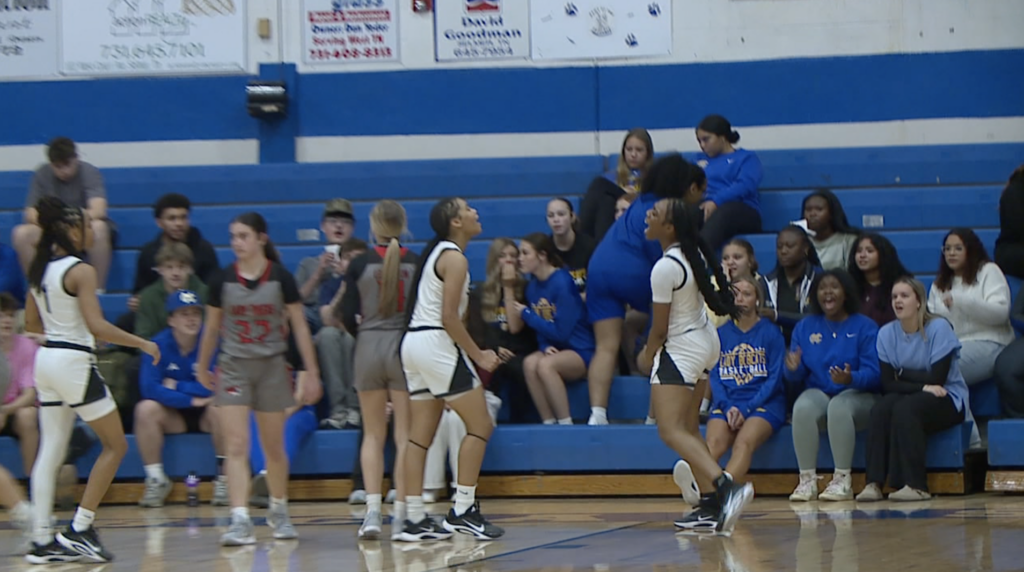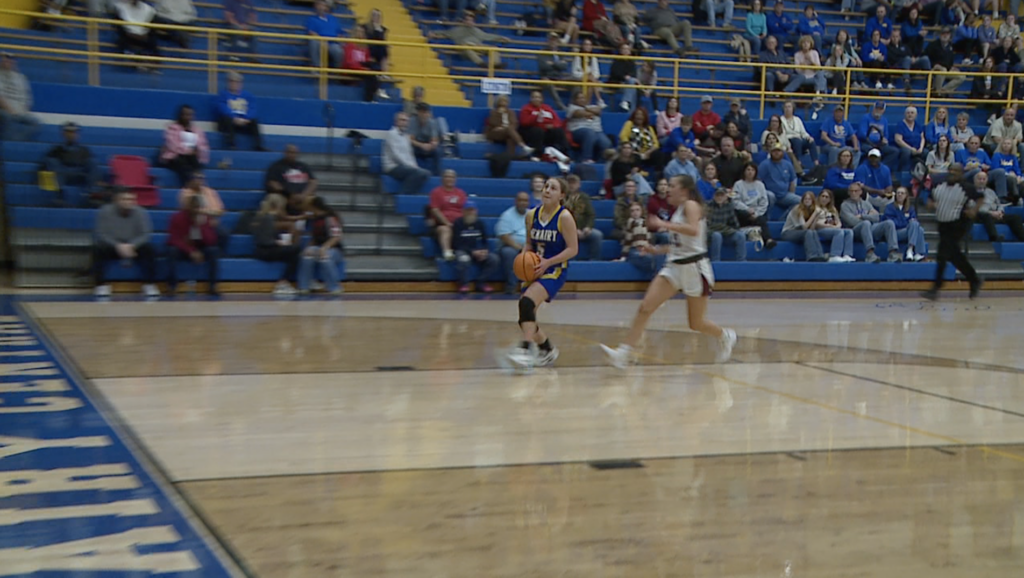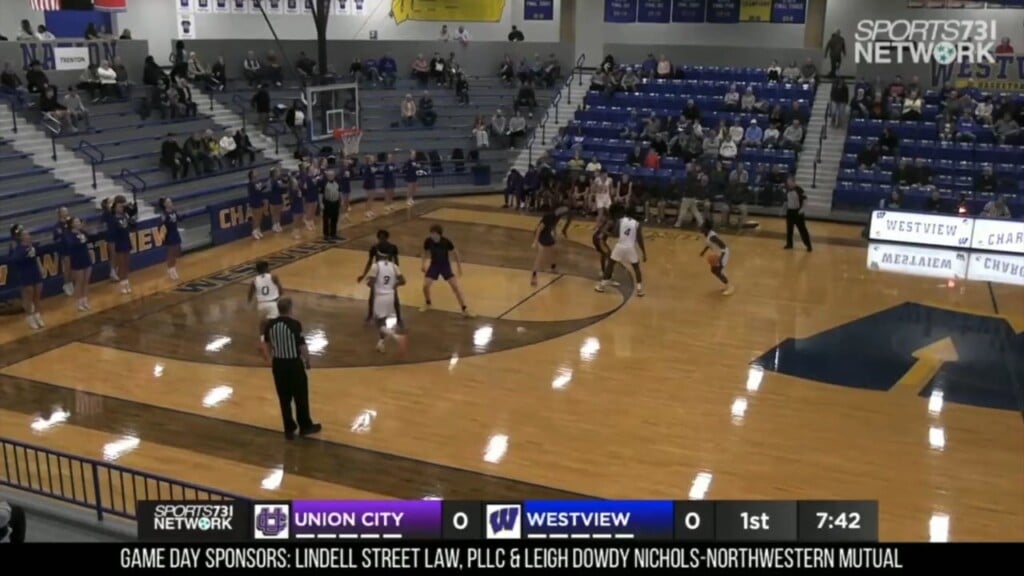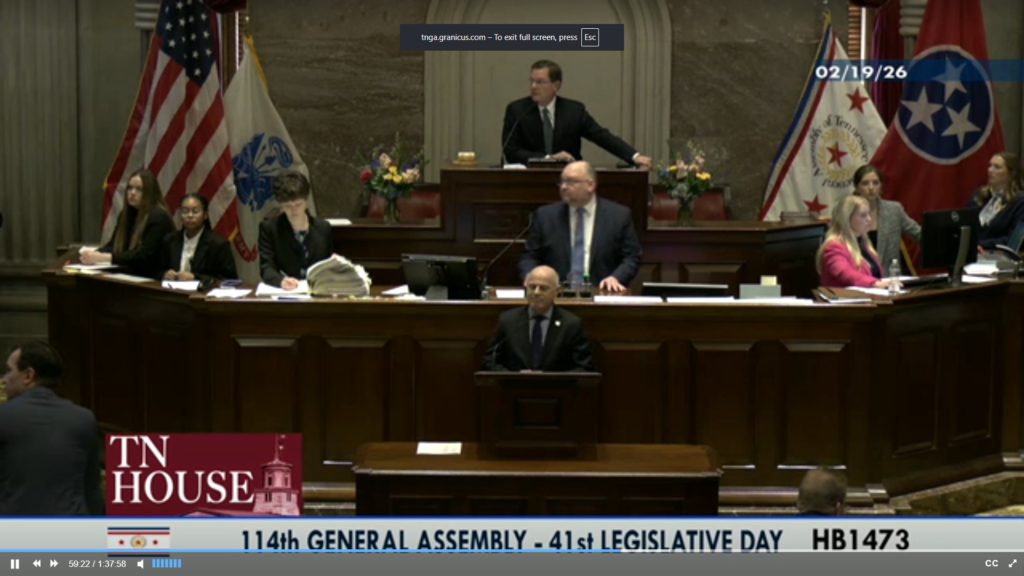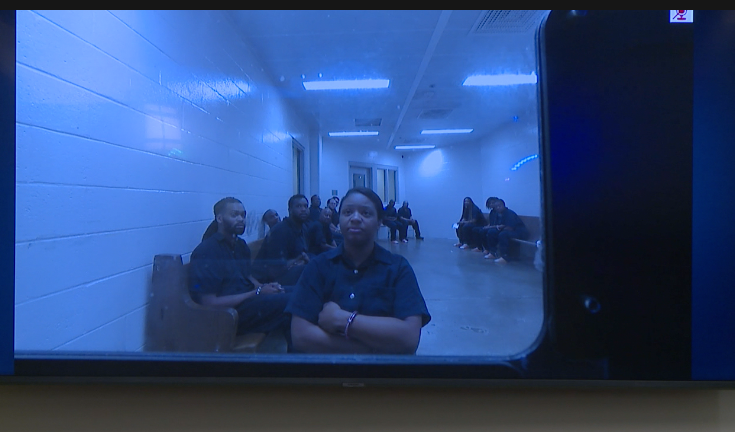Man Creates “Tornado Detector”
It’s said necessity is the mother of invention. For one West Tennessee man, the need to better locate tornadoes inspired him to spend years working on a tornado detection device. The sound of tornado sirens and the warnings broadcast by local TV and radio are just a few of the ways we are alerted to the dangers of a possible twister in the area. But engineer Joe O’Conner says he’s invented a device that will detect a tornado actually on the ground. “We can give you a coordinate within a half mile or so of where it is, and it will detect the tornado as it comes into the beams and it sweeps down,” said O’Conner, CEO and founder O’Conner Engineering. “And so we can see it up to two miles away and give the direction of travel.” The solar powered unit, designed to operate even in a power outage, is essentially a Doppler radar that sits on a pole, constantly scanning the horizon for the signature swirl of a tornado. Currently the only source of locating a touchdown is by the human eye, a source that is both dangerous and difficult at night. O’Conner’s device would be a day and night operation. “At midnight, when many tornadoes take place or in the middle of the night, then we have a chance,” said O’Conner. If danger is detected, it will emit a siren at the location and send a wireless signal to a receiver unit, possibly located at an emergency center. “We foresee an area, a city or a county having multiple units out,” said O’Conner. “A city the size of Jackson would have maybe four to eight of these devices in the center area. And then that feeds back out into a grid.” O’Conner says his tornado detector wouldn’t be a replacement for current systems, but an addition. “It is an immediate warning. It is a last ditch attempt to save lives,” said O’Conner. “If you’re raised in the area, it’s always on your mind. Like snakes in the grass here, tornadoes are a part of life and everyone is afraid of them and you’re always thinking of ways to escape them.” The units and their set up will cost around $18,000 a piece. O’Conner says even though his detector is FCC approved, he hasn’t received grant money for it’s development. Regardless, he says it will be on the market in the next five years.





